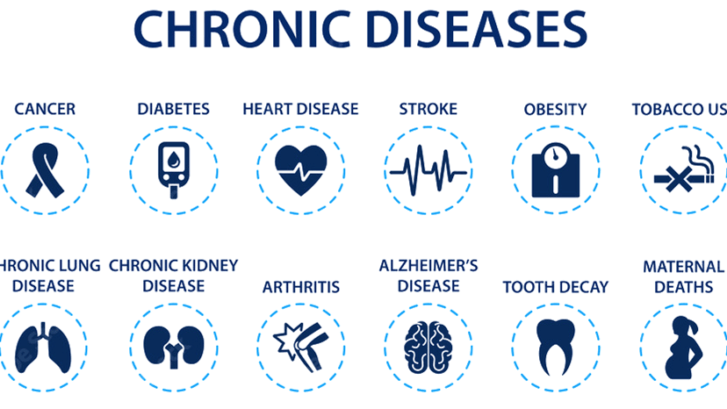Recognizing E. coli Symptoms: Guidance from Primary Care Doctors in Jupiter
In light of recent health alerts from the U.S. Department of Agriculture’s Food Safety and Inspection Service (FSIS) concerning potential E. coli contamination in ground beef, individuals must stay informed about how to identify symptoms of E. coli infection. At our primary care office in Jupiter, we are committed to providing you with essential information to protect your health and your family’s well-being.
Understanding E. coli and Its Sources
E. coli bacteria, which live in the intestines of humans and animals, are generally harmless. However, certain strains, such as E. coli O157:H7, produce toxins that can cause severe illness. While ground beef is a recognized source of E. coli outbreaks, other foods like leafy greens can also harbor the bacteria.
Recent Health Alert
The FSIS has recently highlighted an issue with ground beef products from Greater Omaha Packing Co. Inc., found to be contaminated with E. coli O157:H7. These products were produced on March 28, 2024, with a “Use/Freeze by” date of April 22, 2024. Despite no current availability for purchase, there is concern these products may still exist in freezers at homes and food service locations.
Symptoms of E. coli Infection
Recognizing the signs of E. coli food poisoning early is key to managing the infection effectively. Symptoms typically include:
- A fever higher than 102 degrees Fahrenheit
- Diarrhea persisting for more than three days
- Severe vomiting
- Signs of dehydration, such as dizziness and decreased urination
These symptoms can develop anywhere from 1 to 10 days after consuming contaminated food or water. If you or someone in your family experiences these symptoms, it is crucial to seek medical attention promptly.
Preventive Measures
Prevention is paramount when it comes to E. coli. Ensure that you cook ground beef to an internal temperature of 160 degrees Fahrenheit, which is sufficient to kill E. coli bacteria. Always wash your hands thoroughly after handling raw meat and before eating or preparing other foods.
Our primary care doctors in Jupiter emphasize the importance of awareness and prompt action if you suspect E. coli contamination. Should you experience any of the symptoms described above, do not hesitate to contact our office or your healthcare provider. Early intervention is crucial in preventing the severe effects of E. coli.
Contact Information
For more advice or to schedule a consultation, please contact our office. We are here to support your health and guide you through understanding and preventing E. coli infections.










